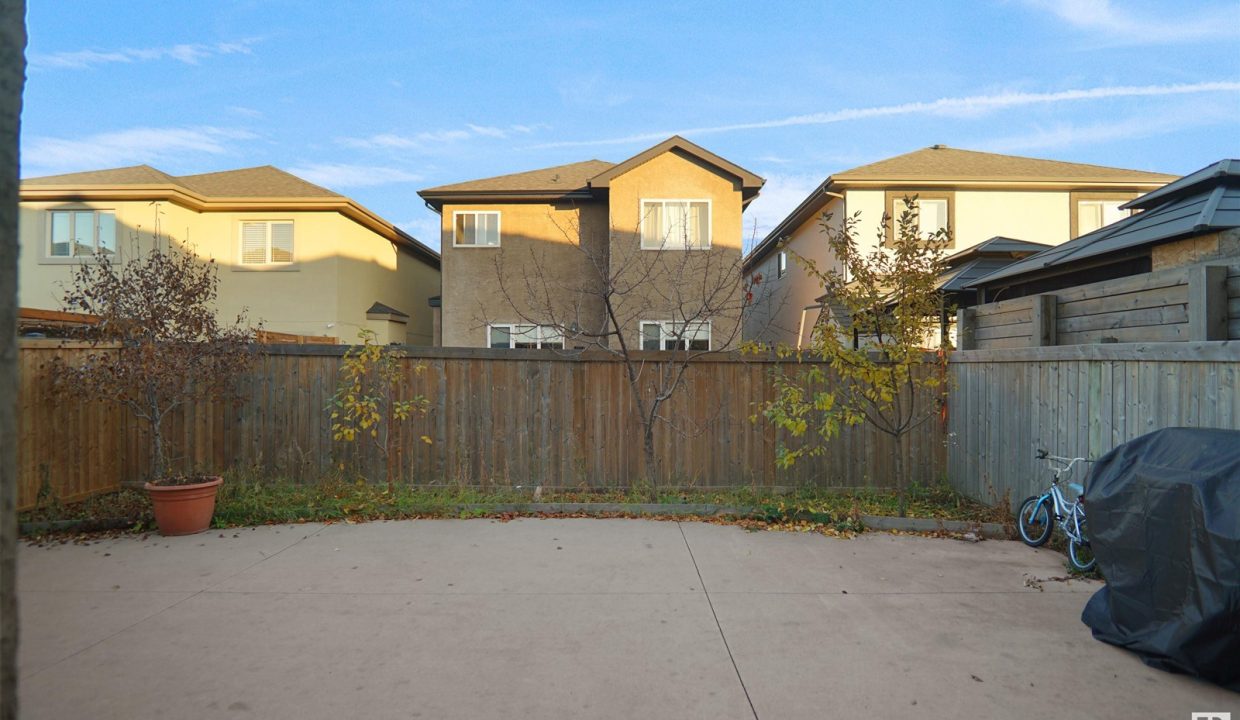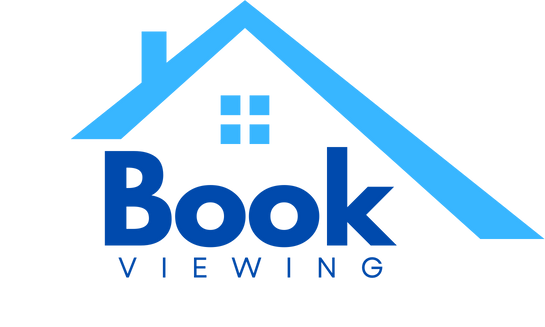
Buying your first home in Edmonton can be an exciting yet overwhelming experience. It’s a significant financial commitment, and proper budgeting is essential to ensure you’re ready for the process and can make informed decisions. Here’s a step-by-step guide to help you budget for your first home purchase in Edmonton.
1. Assess Your Current Financial Situation
Before diving into the home-buying process, it’s essential to understand your financial standing. This will give you a clear picture of how much you can afford and help you avoid stretching your budget too thin.
- Review Your Income and Expenses: Start by analyzing your monthly income and expenses. Consider your regular bills, credit card payments, student loans, savings goals, and discretionary spending.
- Calculate Your Debt-to-Income Ratio: Lenders often use your debt-to-income ratio (DTI) to determine how much you can afford to borrow. Aim for a DTI below 40% to ensure you’re not overextending yourself financially.
- Start Saving for a Down Payment: The larger your down payment, the lower your monthly mortgage payments will be. In Canada, the minimum down payment is 5% for homes under $500,000. However, a larger down payment can help you avoid paying mortgage insurance.
2. Understand Your Credit Score
Your credit score plays a significant role in determining your mortgage rate and the amount a lender will be willing to lend you. Generally, the higher your credit score, the lower your interest rate will be.
- Check Your Credit Report: Obtain a copy of your credit report from a credit agency to check your score. A score of 680 or higher is typically required for competitive mortgage rates.
- Improve Your Score: If your score is low, take time to improve it by paying off outstanding debts and ensuring all your bills are paid on time. This can take several months, but it’s worth the effort to secure a better deal on your mortgage.
3. Determine How Much You Can Afford
Knowing how much you can afford is crucial in avoiding financial stress. Several factors influence how much you can afford, including your income, debt, and down payment.
- Mortgage Affordability Calculator: Use an online mortgage affordability calculator to get a rough estimate of how much you can afford based on your income and expenses. However, keep in mind that calculators provide estimates, and it’s best to consult a mortgage broker or lender for more precise figures.
- Consider Your Monthly Payment: In addition to your mortgage, consider all related costs, including property taxes, utilities, insurance, and maintenance. These costs can add up quickly, so make sure your budget accounts for them.
- Account for Future Expenses: It’s essential to plan for potential changes in your financial situation, such as starting a family or changes in employment. Ensure your home purchase allows for flexibility in the future.
4. Save for Additional Costs
The cost of buying a home in Edmonton goes beyond just the purchase price. There are several additional costs that you need to budget for:
- Closing Costs: Closing costs typically range from 1.5% to 4% of the home’s purchase price. These costs include legal fees, home inspections, appraisal fees, and title insurance. Make sure you have enough funds set aside for these expenses.
- Home Inspection: Before finalizing your purchase, it’s important to have a professional home inspection. While not mandatory, it’s highly recommended to avoid unexpected costly repairs in the future.
- Property Taxes: Property taxes vary based on the home’s value and location in Edmonton. Typically, property taxes are paid in installments, but it’s important to factor these into your monthly budget.
- Home Insurance: Lenders usually require you to have home insurance to protect the property. Get quotes for different home insurance policies and choose one that meets your needs.
- Moving Costs: Don’t forget to budget for moving costs. Depending on how much you need to move, this can range from hiring professional movers to renting a truck and buying packing supplies.
5. Explore Mortgage Options
There are various mortgage options available to first-time homebuyers in Edmonton, and understanding these options can help you choose the best one for your situation.
- Fixed vs. Variable Rate: Fixed-rate mortgages provide stability with the same interest rate throughout the term, while variable-rate mortgages may offer lower initial rates but can change over time. Consider your comfort level with risk when deciding between these options.
- Mortgage Term: In Canada, mortgage terms typically range from 1 to 5 years. A shorter term might offer a lower interest rate, but it can also mean higher monthly payments. A longer term offers lower payments but may come with higher interest rates over time.
- First-Time Homebuyer Incentives: The Canadian government offers several incentives for first-time homebuyers, such as the First-Time Home Buyer Incentive (FTHBI) and the Home Buyers’ Plan (HBP), which allows you to withdraw up to $35,000 from your RRSP to put toward your down payment. Be sure to research these programs to take advantage of any assistance available.
6. Shop Around for Mortgage Rates
Once you’ve determined your budget and are ready to begin shopping for a home, it’s time to shop around for mortgage rates. Mortgage rates can vary significantly from lender to lender, so it’s important to compare offers from different banks, credit unions, and private lenders.
- Get Pre-Approved: Before you start house hunting, get pre-approved for a mortgage. This will give you a better idea of how much you can borrow and make you more competitive when placing offers on homes. It also shows sellers that you are a serious buyer.
- Work with a Mortgage Broker: A mortgage broker can help you navigate the mortgage market and find the best rate for your needs. They can also guide you through the application process and advise you on how to best structure your mortgage.
7. Plan for the Future
Buying a home is not just a financial investment—it’s a long-term commitment. You should consider how your home purchase will impact your finances over the next several years.
- Emergency Fund: It’s always a good idea to have an emergency fund in place before buying a home. This fund should cover at least 3 to 6 months of living expenses in case of unforeseen events like job loss or a medical emergency.
- Long-Term Affordability: Make sure your mortgage payment is manageable over the long term. Avoid stretching your budget too thin by purchasing a home that’s too expensive, as this can cause financial stress in the future.
8. Consider Your Lifestyle and Long-Term Needs
While it’s important to budget for the financial aspects of buying a home, it’s equally important to consider your personal needs and lifestyle.
- Family Growth: Are you planning to start a family in the near future? Look for a home that can accommodate your potential growing family with extra bedrooms or space for a nursery.
- Proximity to Work or Public Transportation: Edmonton’s neighborhoods vary in distance from downtown and other key areas. Think about how close you want to be to work, school, or public transit when choosing your ideal location.
- Future Resale Value: Consider buying a home in a desirable neighborhood with strong future resale potential. This can help protect your investment if you decide to sell the home in the future.
Conclusion
Buying your first home in Edmonton requires careful planning, saving, and budgeting. By assessing your financial situation, understanding additional costs, exploring mortgage options, and considering your long-term needs, you can make a confident, well-informed decision. With patience and preparation, you’ll be able to find a home that meets your needs and fits within your budget, setting you on the path toward homeownership and a secure financial future.
